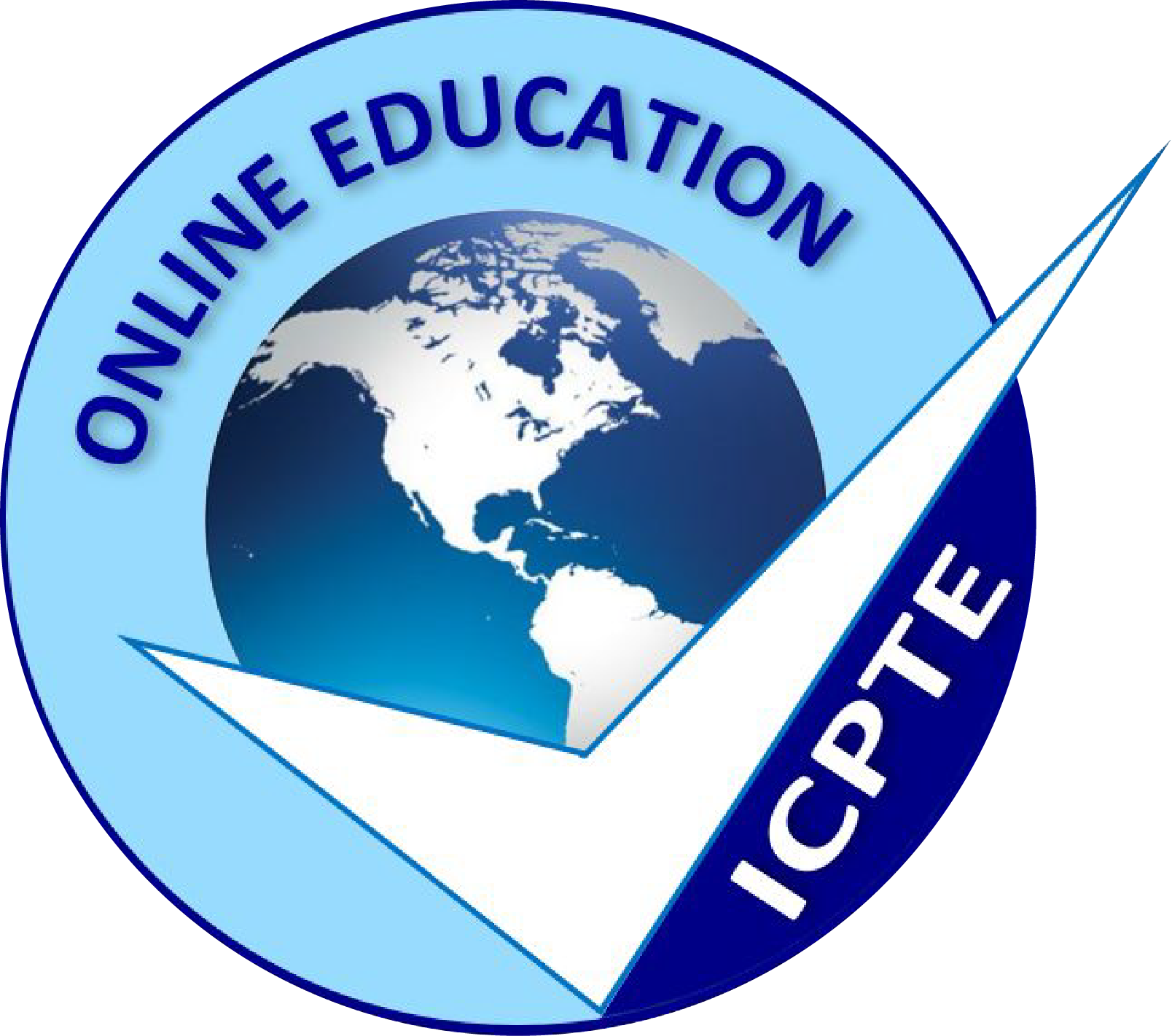5 CPD
Course Description
This course explains the different categories of a Fund (Alternative Investment Fund [AIF], Alternative Investment Fund with Limited Number of Persons [AIFLNP] and Registered Alternative Investment Fund [RAIF]). It describes the different categories of investors, minimum share capital requirement, legal forms and the investment rules and investment restrictions to professional/well informed and retail investors of each Fund category.
This course describes the governance of the AIF, AIFLNP and RAIF and explains in brief the depositary function and the provisions required for an exemption to appoint a depository. It refers to the Fund Administrator, Investment Manager, Anti-Money Laundering Compliance Officer and internal and external auditor. It also refers to the fees applicable for the AIF, AIFLNP and RAIF relevant to their application for authorisation and annual fees.
This course also explains the reporting obligations, as well as the information that an Alternative Investment Manager (AIFM) shall report to investors relevant to the investor liquidity. It explains the NET DV01 Report, NET CS01 Report and the Net Equity Delta Report. The Net DV01 should be the value change in price (value) of a portfolio and measures the portfolio’s sensitivity to a change in the yield curve, the Net CS01 measures the portfolio’s sensitivity to a change in credit spreads and the Net Equity Delta Report is used to analyse portfolio’s sensitivity to movements in equity prices.
It also explains taxation issues for the different legal forms of a Fund, including the taxation of investors and the tax incentives for Fund Managers. The taxation of AIFs established in the form of a company, follows proportionately the taxation of limited liability companies. The taxation of investors in AIFs established in the form of a company, follows proportionately the taxation of shareholders in limited liability companies.
Furthermore, this course explains what a Fund Prospectus is and what shall include and analyses the marketing communication in UCITS/AIFs. It explains among others what a marketing communication is, identification of marketing communication and provides various good practices.
In additions, this course explains the CySEC’s Circular C473 “ESMA Guidelines (ESMA34-45-1272) on marketing communications under the Regulation on cross-border distribution of funds”, the application of PRIIPs and refers to various Questions and Answers on UCITS and AIFs issued by ESMA.
Topics covered
The course is split into the following sections:
Section 1: Fund Structure
- What is an AIF
- Particular Categories
- Particular Investors and Capital
- Legal Forms
- Investment rules and restrictions
- Investor types and investment restrictions
- Retail investor restrictions
Section 2: Fund Governance
- Key Persons
- The core activities of an AIF management
- Depositary
- Depositary Exemptions
- Depositary Duties
- Where should the Depositary be?
- Depositary delegation
- Who bares liabilities?
- Which liabilities?
- Fund Administrator
- Investment Manager
- Anti-Money Laundering Compliance Officer
- Auditor and Internal Audit
- The Costs
Section 3: Reporting
- Annual Report
- Minimum content of Annual Report
- Half Yearly Report
- Information to Unitholders
- Other Reports
- Investor Liquidity
- The NET DV01 Report
- The NET CS01 Report
- The Net Equity Delta Report
Section 4: Taxation Issues
- VCICs and FCICs
- Common Funds and Partnerships
- Investor Taxation: VCICs and FCICs
- Investor Taxation: Common Funds and Partnerships
- Tax Incentives for Fund Managers
- New Tax Amendment
- Tax Benefits of Cyprus
Section 5: Prospectus Law
- What is in a Prospectus?
- AIF Prospectus Example
Section 6: Marketing Communication in UCITS/AIFs
- What is marketing communication?
- What is not marketing communication
- Identification of Marketing Communications
- No cross-referencing
- Risks and Rewards
- Suitability to target/potential investor(s)
- Consistency
- Examples
- Description of features
- Details on the characteristics of the fund
- Investment Policy
- Good practices
- Risks and Rewards (Part II)
- Costs
- Past Performance
- Future Performance
- Sustainability-related information
Section 7: CySEC Circular C473 (2021)
- What is the CySEC circular?
- CySEC Circular C473
Section 8: ESMA Report Common Marketing Breaches
- Examples of AIF breaches
- Examples of UCITS breaches
Section 9: On the application of PRIIPs
- What does not need a PRIIP
- Definitions and Translations
- Who does what
- Distribution
Section 10: Latest Q&A on UCITS & AIFs
- Reminder: PRIIP Categorization
- Various Questions and Answers
Course Duration
This course may take up to 5 hours to be completed. However, actual study time differs as each learner uses their own training pace.
The course is addressed to:
This course is addressed to all individuals who are involved in the Funds’ industry such as:
- Executive Directors, Non-executive directors, Senior Managers, Risk Managers, Asset Managers, Compliance Officers, Product Managers, Portfolio Managers, Investment Advisors, Dealers, Marketing Managers and in general employees of investment firms, UCITS, Funds and Fund Managers.
- Fund Administrators
- Fund consultants
- Internal Auditors
- Professionals in the Funds’ industry
- Lawyers
- Accountants
It is also suitable to professionals pursuing CPD for the renewal of CySEC Certificate (CySEC Basic and CySEC Advance Certificate) or other relevant professional certificates in other jurisdictions.
Training Method
The course is offered fully online using a self-paced approach. The learning units consist of power point presentations. Learners may start, stop and resume their training at any time.
At the end of the course, participants take a Quiz to complete the course and earn a Certificate of Completion once the Quiz has been passed successfully.
Accreditation and CPD Recognition
The course can be accredited by regulators and other bodies for 5 CPD Units, that require CPD training in financial and other regulation.
Eligibility criteria and CPD Units are verified directly by your association or other bodies in which you hold membership.
Registration and Access
To register to this course, click on the Take this course button to pay online and receive your access instantly. If you are purchasing this course on behalf of others, please be advised that you will need to create or use their personal profile before finalizing your payment.
Access to the course is valid for 60 days.
If you wish to receive an invoice instead of paying online, please Contact us by email. Talk to us for our special Corporate Group rates.
Instructor
With more than 10 years of experience, Nektarios is an expert in the financial services industry, having worked in key roles at investment funds, CIFs and other service providers. His exposure to the industry allowed him to gain knowledge in a variety of vital investment functions.
Complementing his practical knowledge of the industry, Nektarios also holds a number of professional and academic qualifications, including CySEC’s Advance Certification. He is currently employed by an Investment Fund.
See more Courses from Nektarios Michael


